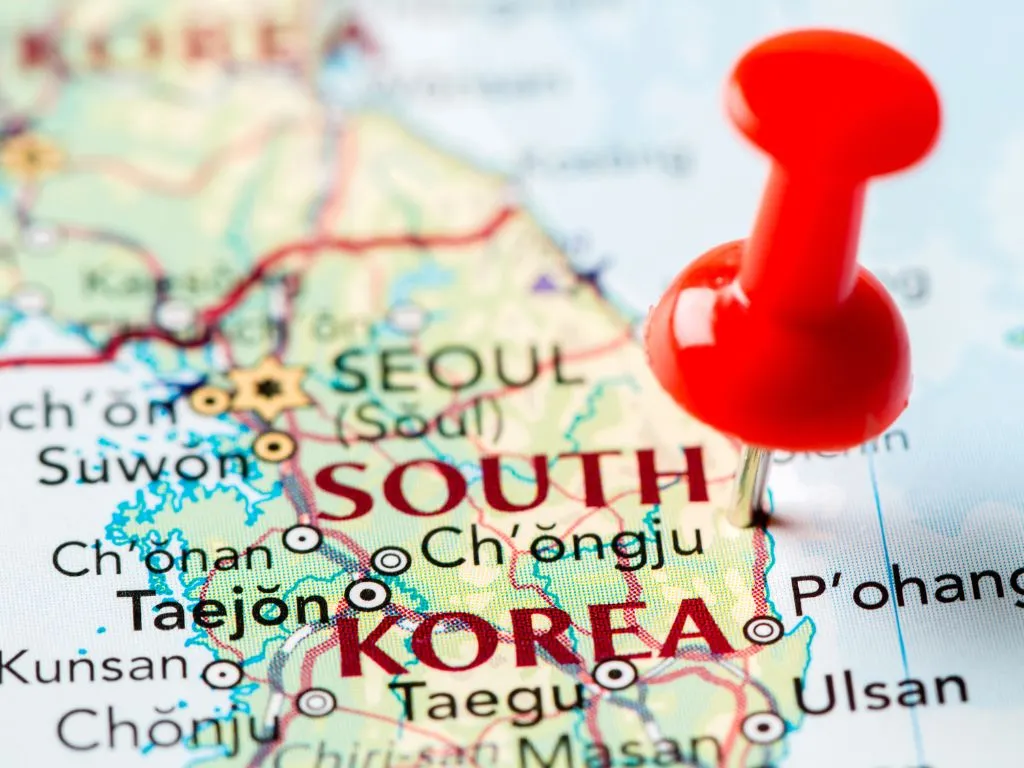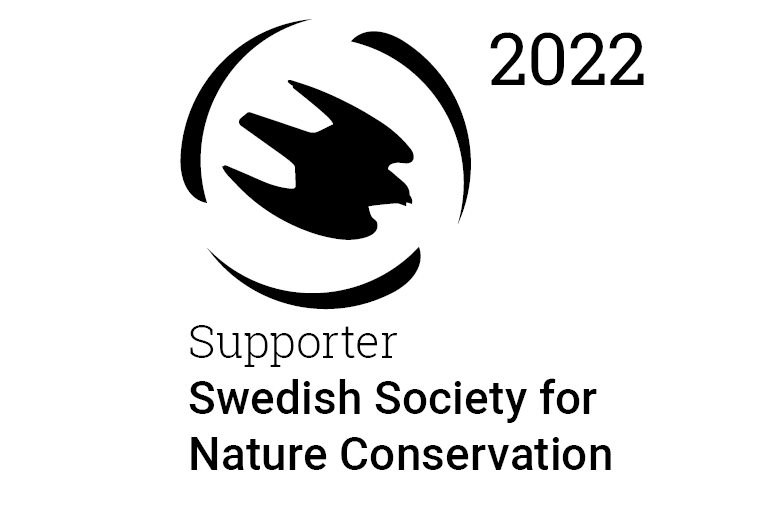- Home
- News Details
News Details

South Korea suggests raising the export standards for two POPs.
2022-10-29 Reference source : South Korea
On 27 September 2022 South Korea’s Ministry of Environment (MoE) published a notification on updating the requirements for two Persistent Organic Pollutants (POPs). The requirements are added to the rules for chemical compounds exported on prior informed permission of the Chemical Control Act (CCA). The new requirements are up for consultation under South Korea’s Ministry of Environment (MoE) until 17 October 2022.
The Consumer Chemical Products and Biocides Safety Act (K-BPR) regulates both compounds listed in the recent notification. The two POPs are:
-
decabromodiphenyl ether (decaBDE) which is used as a flame retardant in a variety of products, including thermoset resin plastics, textiles, and adhesives.
-
perfluorooctanoic acid (PFOA) and its salts and related compounds. PFOA and its salts are widely used as processing aids in the production of fluoro-elastomers and fluoropolymers, with Polytetrafluoroethylene (PTFE) being an important fluoropolymer. PFOA-related compounds are used as surfactants and for the manufacture of side-chain fluorinated polymers. Due to the surfactant properties of both PFOA and its related non-polymeric surfactants, applications exist for the use of these substances, e.g., fire-fighting foams, wetting agents, and cleaners.
According to the proposed regulations, companies planning to export these chemicals would need to get permission from the MoE and submit an export notification to the ministry in English before proceeding.
Companies exporting the compounds would also need to supply handlers in importing nations with safety data sheet (SDS) information as well as mark hazardous information on the packaging or containers of the substance.
The recommendation comes after the UN’s decision to include these two compounds in the Rotterdam Convention in June 2022. The countries receiving products containing these chemicals must be informed of their import and have the option to reject them under the Prior Informed Consent (PIC) procedure of the Convention.
Both compounds are included in the Stockholm Convention's list, which obliges nations to stop using and producing them. Nevertheless, some particular uses are still momentarily permitted.
We acknowledge that the above information has been compiled from South Korea.
Global Product Compliance (GPC) specializes in Global Regulatory Compliance Solutions across sectors
globally. SSS Europe, a familiar name in chemical regulatory and compliance services now formally belongs
under the umbrella of GPC Holding Sweden.
Since 2008, we have emerged as one of the leading names among Global Regulatory Compliance Service
Providers with Representation services in Europe, Asia and Middle East for respective chemical
regulations.


